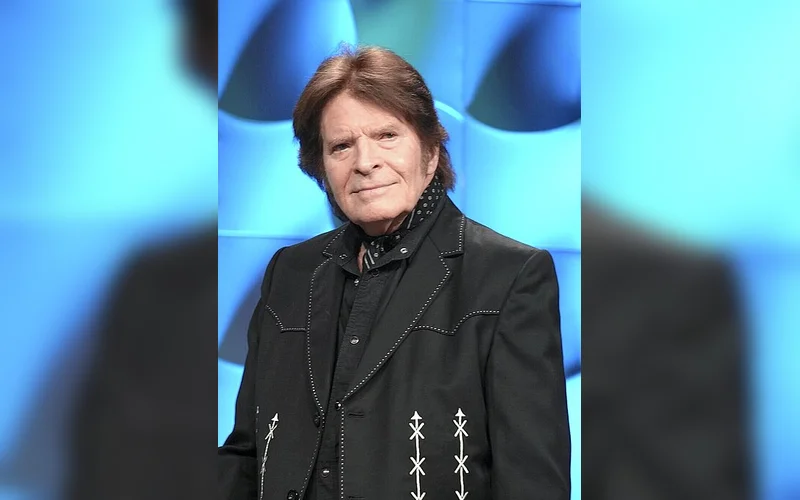John Fogerty recently opened up about a period in his life when his mental health struggles were so severe that he couldn’t bring himself to buy socks in a store.
The former Creedence Clearwater Revival frontman revealed that during his 20s, he struggled to cope with the pressures of success. The band had entered into a restrictive record deal that offered little financial reward.
Fogerty also felt pressured to constantly push himself toward greatness. “The best way I can describe it is I was imprisoned wrongfully and sent away to the penitentiary for many, many years,” he told The Guardian.
“For every song I wrote I threw 10 away,” Fogerty continued. “When you heard one of my songs, I wanted there to be no doubt it was a really good song. It sounds grandiose to say it, but I was trying to have that as my career goal.”
The band faced internal conflicts, leading to their breakup in 1972. Fogerty never reconciled with his brother and bandmate Tom, who passed away in 1990. Reflecting on those times, Fogerty said, “I never really thought I had a nervous breakdown, but I would say I was not well. Not stable, or even-keeled, or normal. It would manifest itself in strange ways: I remember going into a department store to buy some socks, and I was unable to approach the salesperson because it was far too complicated for me.”
Fogerty admitted, “I tried to be nice. I tried to be humble, but there were times when I would explode. That could come out if I was near people, or even if I was quite alone. It happened a few times when I was alone in the wilderness, fishing, and I’d just go off into a rage about my gear.”
Now, with time, therapy, and the love of his wife Julie, Fogerty feels he is in a much better place. When asked if he would prefer never to have become a successful musician, he responded, “I like to hope that being a history teacher—if I found my partner and had this wonderful life I have found—would have made me very happy.”
He contemplated further, “I [recently] had this conversation in my mind: ‘John, would you trade places and be that 24-year-old who was so confused and unhappy and scratching his head trying to figure out life? … Or would you be the person you are now at 80?’”
“My answer was—and it’ll always be—I want to be the guy I am here, now; even though I’m 80. That poor young man had youth, for sure, but he was so confused about what was going on with his gift.”
“I wouldn’t want to live even one day like that. I prefer being really happy, very settled, completely in love with my wife, Julie, having raised great kids. It’s a sense of being that’s irreplaceable.”

























